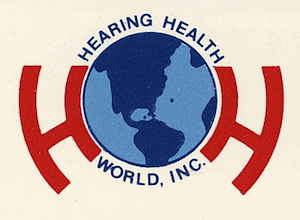May. 06, 2014
CPT Code 92542 – Positional Nystagmus Test (minimum of four positions, with recording) Last week, I gave an example of a description used to educate physicians and health care professionals regarding several vestibular procedures. Each code is considered individually, so there is some overlap in describing patient preparation. Go to last week’s post if you want to review that portion







